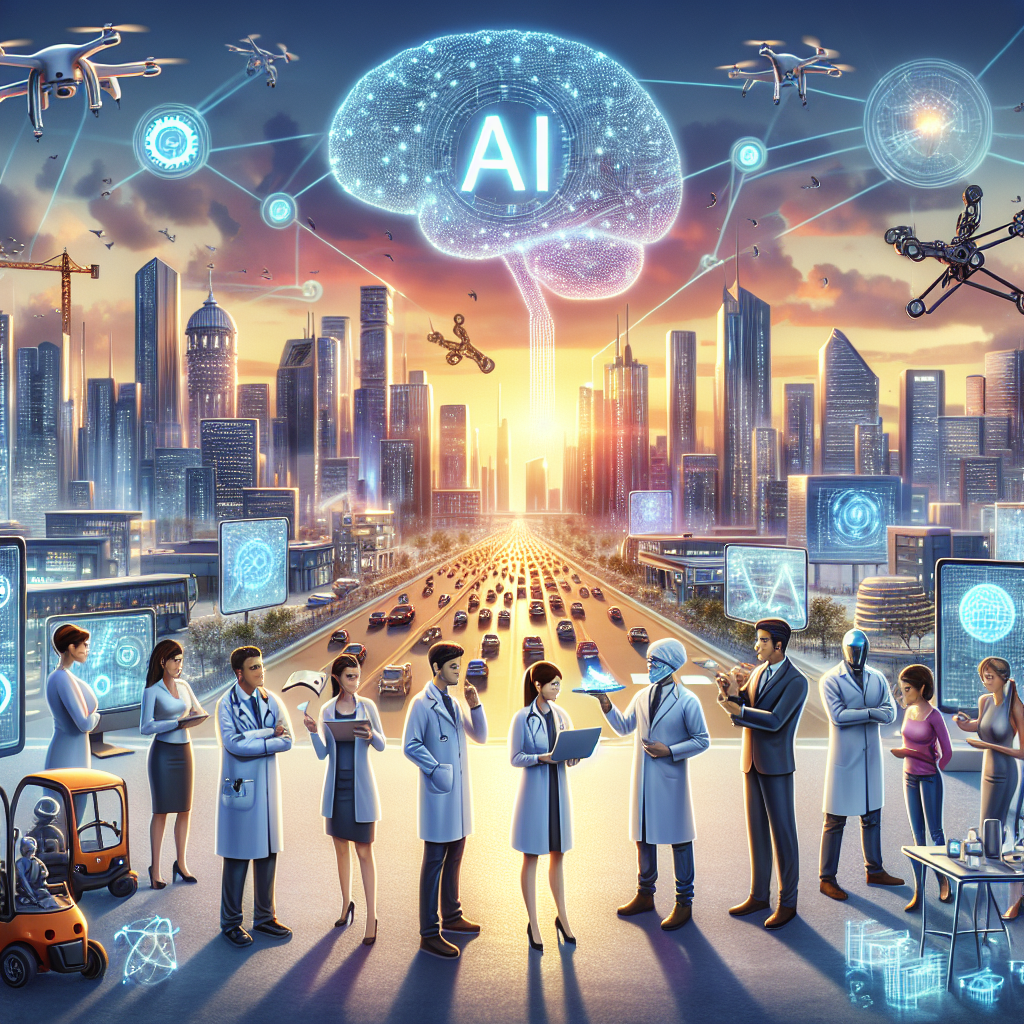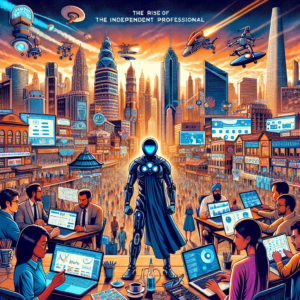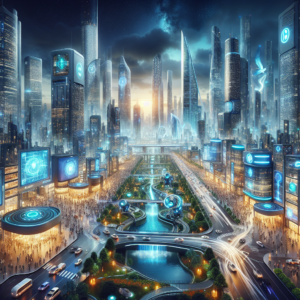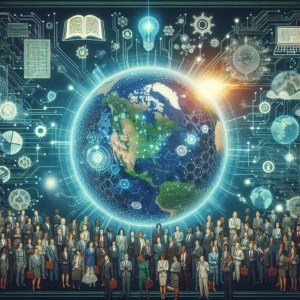The Automation Revolution: Unveiling AI’s Transformative Role Across Industries
In an era marked by groundbreaking technological advancement, Artificial Intelligence (AI) stands at the forefront, reshaping the contours of automation across various industries with unmatched vigor. A recent McKinsey analysis offers a startling insight: 30% of tasks in 60% of occupations could see automation, heralding a sea change in the workplace over the next decade. As businesses and workers brace for this transformative wave, understanding the distinct yet complementary roles of AI and automation becomes paramount.
Automation has traditionally handled repetitive, rule-based activities, while AI infuses automation with the abilities to learn, adapt, and make informed decisions. This synergy is particularly evident in automation testing, where AI enhances efficiency, decision-making, bug discovery, and ongoing maintenance of test suites. The integration of AI in the automation testing process not only flags issues early and simplifies maintenance but also substantially uplifts test quality.
Despite the excitement surrounding AI’s possibilities, McKinsey also highlights a sobering reality: only 8% of companies feel prepared for widespread AI adoption. This disparity underscores the need for organizations to foster clear decision-making pathways, harness a blend of traditional and algorithmic decision-making, and cultivate a culture of learning and experimentation.
The advent of OpenAI’s ChatGPT in November 2022 epitomizes AI’s versatility but also its boundaries in handling complex prompts and staying abreast of current events. Meanwhile, AI-driven marketing automation is revolutionizing customer engagement through personalized, data-driven experiences across various channels.
Further afield, AI’s imprint extends to travel, where enhanced GPS services through machine learning promise better map visualization and traffic insights. Vienna’s financial sector exemplifies the prowess of Intelligent Process Automation (IPA) in streamlining customer onboarding, a testament to AI’s operational efficiency.
From autocorrecting text errors to powering personalized online recommendations, augmenting e-payment security, and optimizing customer service, manufacturing, and data management, AI’s applications are vast and varied. Notably, its integration into industries does not spell the eclipse of human involvement. Instead, AI aims to augment human capacities, as exemplified by organizations like Haier and Zappos, which have harnessed AI to balance technology and human engagement seamlessly.
Yet, the shadow of automation looms large over the job market, with Brookings emphasizing the uneven impact on jobs and the exigent need for worker retraining. As automation replaces manual roles, lowering labor costs but also displacing workers, the imperative for skill development to remain relevant in evolving job markets has never been more critical.
Looking forward, the burgeoning AI field presents expansive career opportunities, with prestigious institutions like Caltech at the vanguard, equipping aspiring professionals with the requisite skills in AI and machine learning.
In summary, as AI continues to shape the future of work, its potential to enhance rather than supplant human involvement is unequivocal. The path forward calls for an enlightened approach to AI adoption, one that aligns with organizational objectives and champions the harmonious blend of technology and human prowess. The dawn of the AI and automation era beckons us to embrace change, explore new vistas of opportunity, and navigate the challenges ahead with foresight and adaptability.
Original Article: https://www.simplilearn.com/how-ai-automation-is-evolving-in-2022-article





